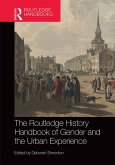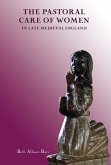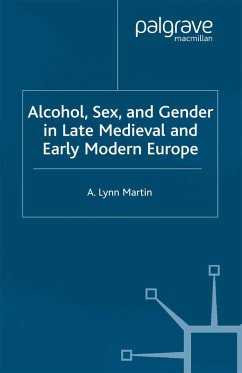First full-length study of the relations between gender and crime in late medieval England.
Winner of the Women's History Network Book Prize, 2007
A large proportion of late medieval people were accused of some kind of misdemeanour in borough, manorial or ecclesiastical courts at some stage in their lives. Therecords of these courts bring us as close to ordinary townspeople and villagers as it is possible to get, and show what behaviour was considered reprehensible in men and women.
This book is the first full-length studyof gender and crime in late medieval England. Based on a meticulous analysis of the records of local jurisdictions in Kent, and bringing in a wealth of evidence from numerous individual cases, it shows how charges against women typically differed from those against men, and how contemporary assumptions and fears about masculinity and femininity were both reflected and reinforced by the local courts. KAREN JONES is an Associate Research Fellow of the University of Greenwich.
Winner of the Women's History Network Book Prize, 2007
A large proportion of late medieval people were accused of some kind of misdemeanour in borough, manorial or ecclesiastical courts at some stage in their lives. Therecords of these courts bring us as close to ordinary townspeople and villagers as it is possible to get, and show what behaviour was considered reprehensible in men and women.
This book is the first full-length studyof gender and crime in late medieval England. Based on a meticulous analysis of the records of local jurisdictions in Kent, and bringing in a wealth of evidence from numerous individual cases, it shows how charges against women typically differed from those against men, and how contemporary assumptions and fears about masculinity and femininity were both reflected and reinforced by the local courts. KAREN JONES is an Associate Research Fellow of the University of Greenwich.
Dieser Download kann aus rechtlichen Gründen nur mit Rechnungsadresse in A, D ausgeliefert werden.









